You’ve started your research and filled out some of your family tree. You’re feeling pretty comfortable with the basics, and you’re ready to dive in.
If this sounds like you, you’ve probably already read our blogs on getting started with your family history and how to use Trove.
In addition to these resources, the Library provides access to a wide range of family history research guides and indexes that can help you continue your research and find out more about your family story.
Research guides
Use the Library’s research guides to learn how to find what you’re looking for. The guides are in-depth learning resources that teach you how to use and interpret search results. They also contain important information about what certain indexes do and don’t contain, including geographic locations and date ranges.
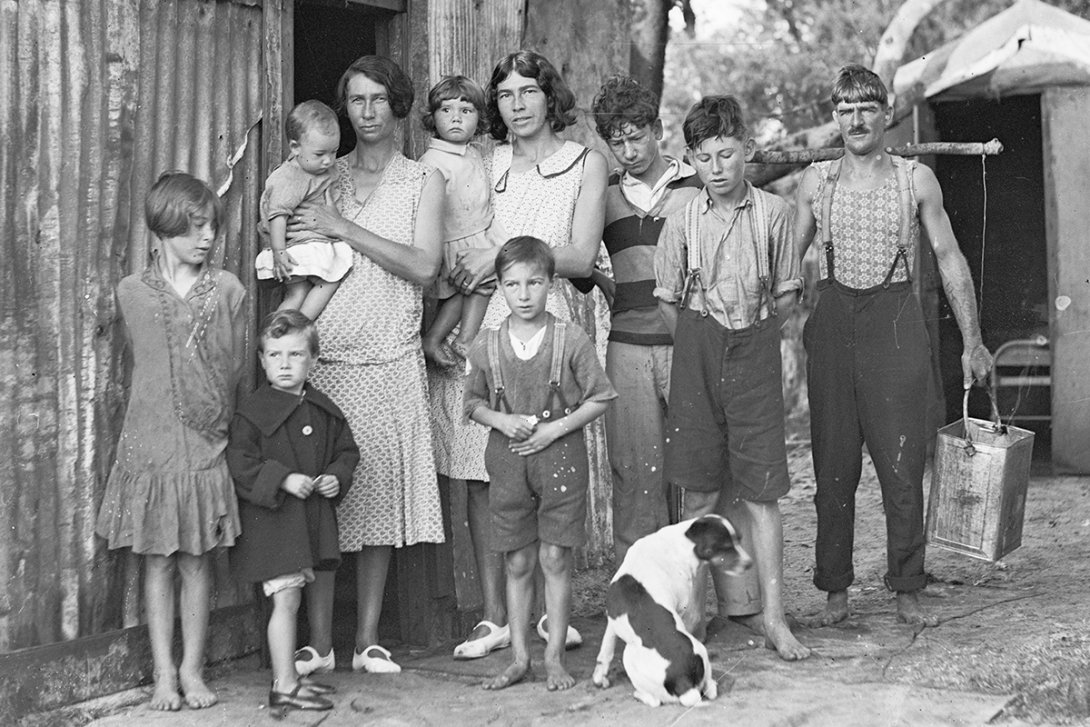
Family history research guide
The family history research guide is your one stop shop for family history information. You’ll find an overview of available resources both within the Library and online, how to access them and what you’ll need to get started. You’ll also find specialised information on research referral services, family history communities and societies, military records and and links to webinars and learning videos.
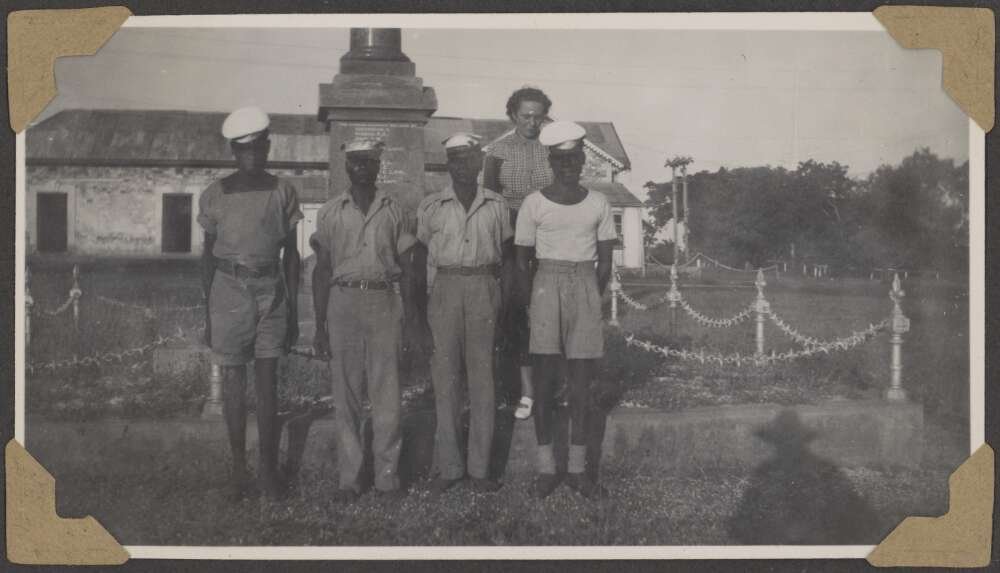
Australian Indigenous family history research guide
This research guide contains an overview of the avenues to researching Indigenous family history, including birth, death and marriage records, military history, newspapers and mission and reserve records. It also contains great recommendations for further avenues, including the Australian Institute of Aboriginal and Torres Strait Islander Studies (AIATSIS) 'Finding your family guide' and the Centre for Indigenous Family History Studies index.
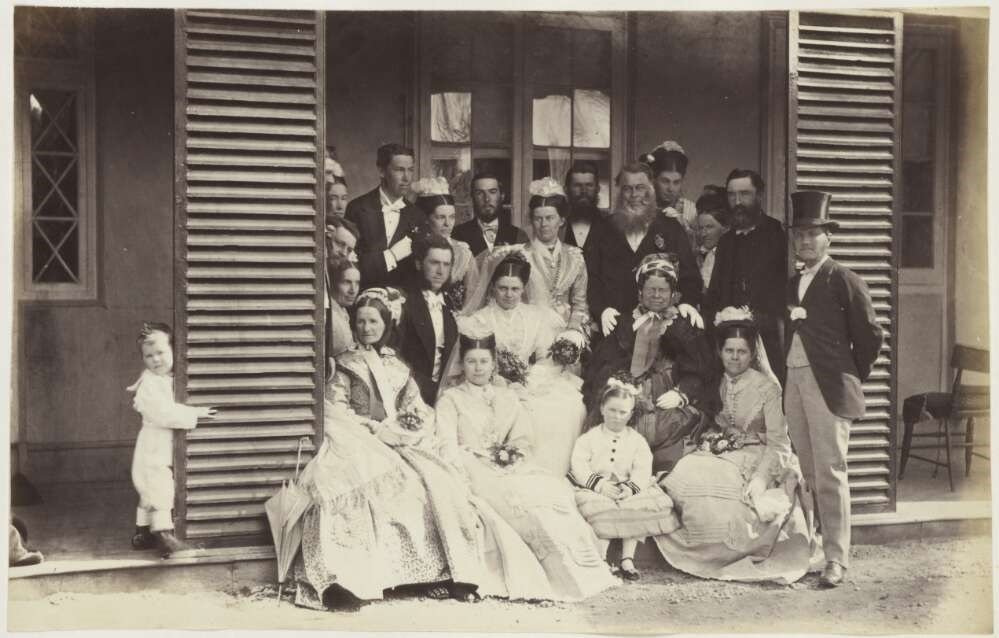
Australian birth, death and marriage records research guide
This guide is a fantastic reference resource, containing links to Australian state and territory registry office indexes, links to Library subscription resources, descriptions of microfilm resources available in the Library and tips on search strategies. You’ll also find detailed access information for each resource, so you’ll know what you can get into at home with your Library login and what might require a trip to the Library.
Australian Joint Copying Project research guide
The Australian Joint Copying Project (AJCP) is a collection of historical material relating to Australian, New Zealand and the Pacific dating from 1560 to 1984. This material, from the UK’s National Archives, is a treasure trove of family history information including convict transportation records, military records, registers and correspondence. It’s available on microfilm and online.
This guide will help you find your way through the enormous amount of material to find what you’re looking for.
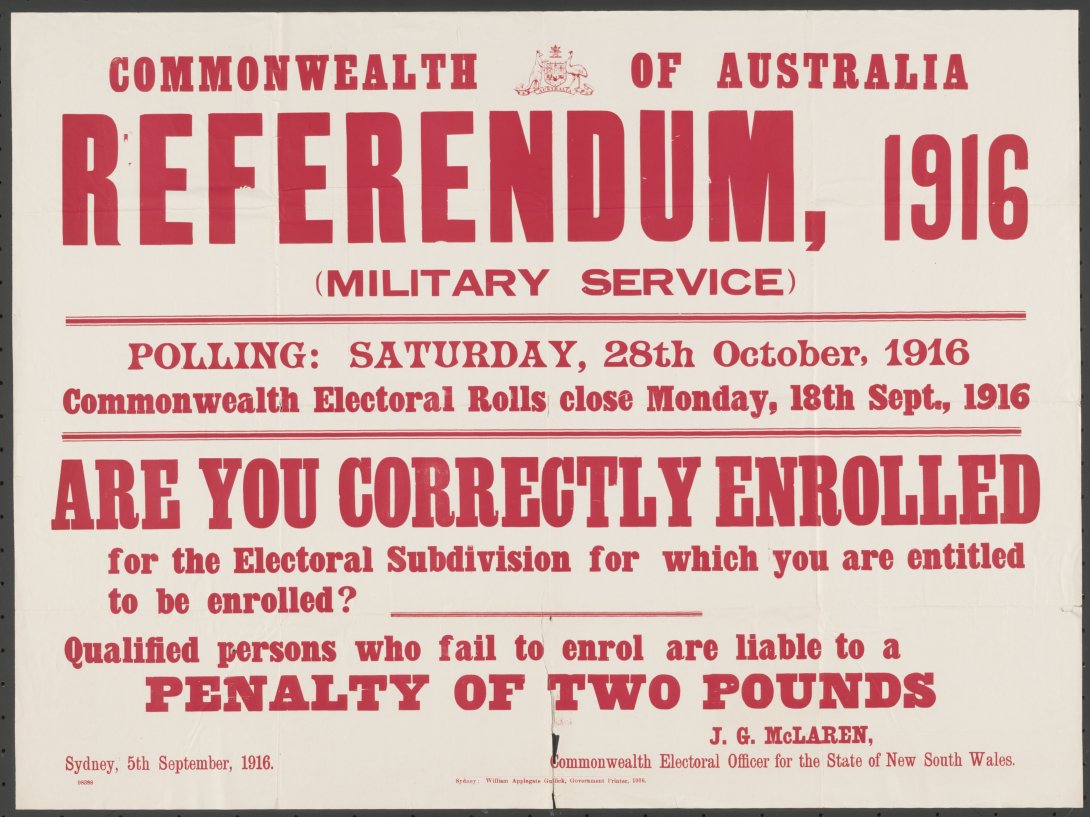
Australian electoral rolls research guide
Electoral rolls list people who are registered to vote at federal, state, territory and local government elections. The Library holds a range of records of Commonwealth electoral rolls dating from 1903 that contain valuable information like full name, address, gender and sometimes occupation.
The guide provides all the information you need to get stuck into federal and state electoral records.
Australian maps for family historians research guide
Property maps are a useful resource to find details of your ancestors’ landholdings at a given time. The guide will help you understand how to find and use pastoral maps, parish and country maps, and real estate or sales plans. It also contains tips on searching for properties in different states, and reading different kinds of maps.
Digitised journals, indexes and registers
Australian Family Histories index
The Australian Family Histories index is a bibliography compiled by Ralph Reid that is now available as a searchable online index.
Tracing a bloodline? Search for a surname and find books in which that surname is mentioned. Then you can use Trove to find out where that book might be available.
If it’s held in the Library, you can request it with your Library card to browse in our Reading Rooms.
Journals of Royal Navy Medical Officers 1816–1856
The journals provide a fascinating account of the voyage of convict transports. As well as notes on sicknesses and cures, surgeons occasionally jotted down reports of weather, conditions on board the ship and the occasional scribble about something on the horizon that piqued their interest. You might even encounter an ancestor sitting (patiently) in the waiting room.
Register of Emigrants: Labourers: Application for a Free Passage to South Australia 1836–1840
With no convict labour force, South Australia lured skilled and semi-skilled emigrants from the British Isles with the promise of free passage and abundant work. By December of 1840, over 5,000 emigrants and their families had made their way south.
The register includes details like name, age, place of residence in the UK, trade or profession, marital status and number of children.
Irish Transportation Registers
Did your Irish ancestors come to Australia as convicts? Maybe they were a pro-independence insurgent, or a petty criminal sent to Australia for stealing a duck. Perhaps they sent a petition begging to be set free – or to be transported sooner. You may even have an ancestor who voluntarily braved the seas to re-join a beloved felon sent to the colonies.
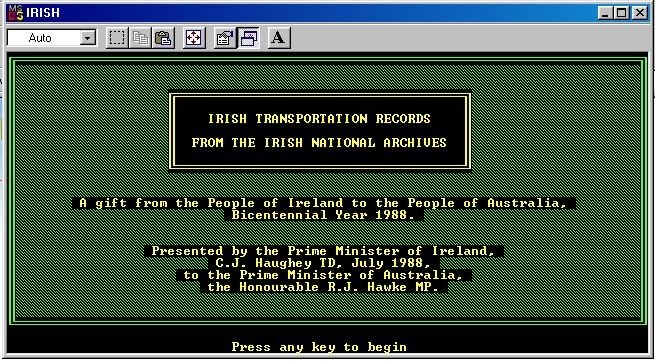
The transportation registers list details like these and more of the convicts that were sent to Australia to serve out their sentence in the late eighteenth and nineteenth centuries.
Indian Emigration Passes to Fiji 1879-1916
These records comprise over 60,000 individual passes issued to Indian people who came to Fiji as indentured labourers. They’re a key historical record for Pacific family history research. The microfilm records can be searched by emigrant details, including name, date of arrival in Fiji, name of ship or pass number.
In partnership with the National Archives of Fiji, the original custodians of this material, copies of these collections are available in the National Library of Australia.
August is Family History Month. The Library has a vast collection of resources to help you start your family history journey. Over the course of the month, we’ll be sharing learning resources and interesting stories from our Library and Trove communities. Tune in here or join the conversation on Facebook and Twitter.